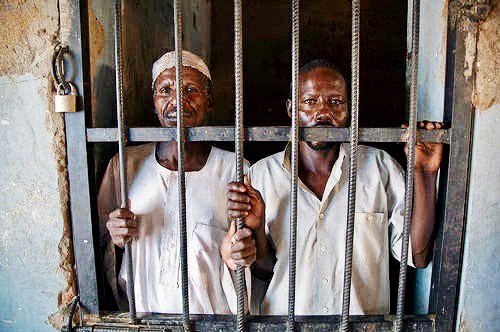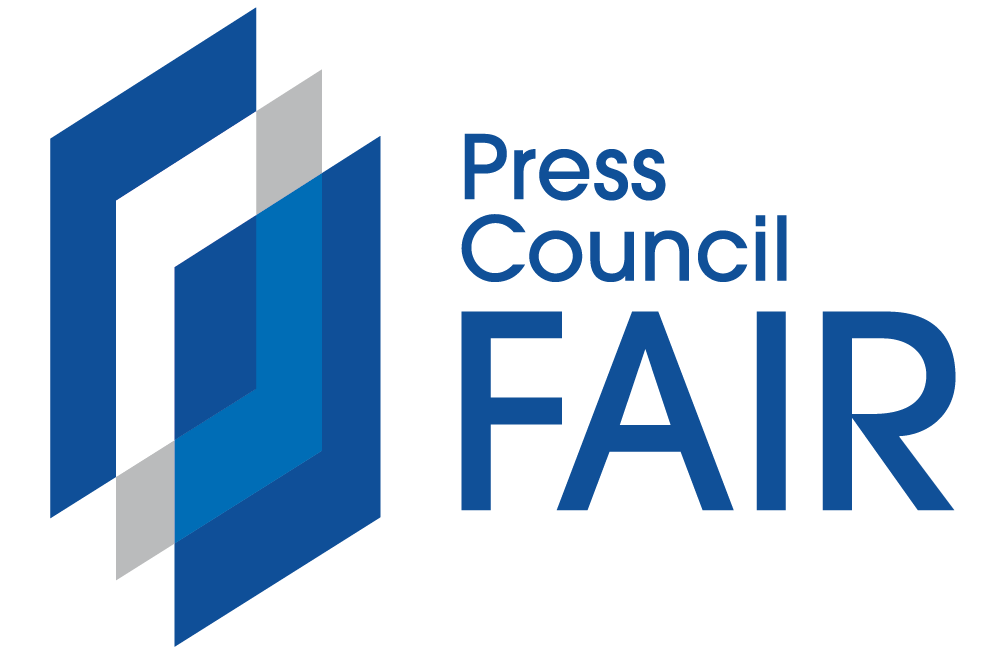In the quiet, family-centered village of Umm Murahi in Sudan’s Al-Jazeera State, young Khalid Hassan Awad Al-Jaid lived a simple life, filled with plans for the future he hoped to pursue once the war ended.
But in March 2024, everything changed. Khalid was suddenly arrested in Al-Managil by Sudanese army personnel without charge and without a chance to bid farewell to his family. His disappearance marked the beginning of a nightmare his loved ones never imagined — that the backbone of their household was on his way to an untimely death.
For months, his family received no information. Prison authorities remained silent, refusing to engage, just as they did with thousands of other families whose sons are trapped in the hell of Sudan’s prisons. Then, in September 2025, devastating news arrived: Khalid had died in custody. No medical report was released, and no official explanation provided.
Accounts suggest he may have died under torture, through medical neglect, or even as a victim of extrajudicial killing, according to a report published by the Al-Jazeera Human Rights Observatory on September 16, 2025.
Mass arrests
The Observatory documented the detention of 3,300 people in Wad Madani, Al-Hasahisa, and Rufaa amid sweeping abuses.
It reported widespread detention centers across Al-Managil, Wad Madani, Al-Hasahisa, and East Al-Jazeera (Rufaa), run by a patchwork of security and military actors, including the Security Cell, Military Intelligence, Joint Forces, Sudan Shield Forces, and the “Bara’oun” group.
Between April 15, 2023, and September 2025, arrests surged to unprecedented levels, with Wad Madani bearing the brunt — over 3,000 detainees, mostly political activists, resistance committee members, and emergency response volunteers. Many arrests were also driven by ethnic targeting.
Some 950 cases were referred to court, where defendants faced harsh sentences ranging from years in prison to life imprisonment, and even the death penalty. At least 150 women were prosecuted on fabricated charges of “collaboration.” The Observatory also documented 160 forced confessions extracted under torture.
Conditions inside prisons were harrowing. More than 70 detainees were crammed into cells no larger than 6×8 meters, starved, and beaten. In Al-Managil prisons, extrajudicial killings, torture, and medical neglect were rampant, with special cemeteries designated for victims.
A pattern of systematic abuses
The report highlighted enforced disappearances, killings inside detention centers, and sexual violence — especially in Wad Madani — alongside routine torture, starvation, and denial of fair trial rights.
It also exposed systemic corruption within detention centers: families forced to pay exorbitant bribes for the release of relatives. For example, five million Sudanese pounds were demanded for a sham “Sudan Shield Forces affiliation certificate” used in court, while eight million pounds were required for release from the Security Cell’s custody.
The Observatory concluded that what is happening in Al-Jazeera amounts to a systematic pattern of grave violations of international humanitarian law, calling for urgent action to free all arbitrarily detained persons and launch independent investigations to hold perpetrators accountable.
Ongoing crimes
Al-Jazeera has also been the site of war crimes. In January 2025, the Islamist Bara’a bin Malik Battalion, alongside local militias, carried out massacres against communities perceived as sympathetic to the Rapid Support Forces (RSF), according to Human Rights Watch.
The organization reported that killings, mutilation of civilians, looting, and deliberate targeting of civilian property constitute war crimes. Under the principle of command responsibility, military leaders may be held accountable for crimes committed by troops or allied fighters under their control.
Verified vides supported the account of an attack on Kombo Tayba, showing atrocities in Wad Madani and other locations in Al-Jazeera. These videos, shared on social media, revealed Sudanese army-linked fighters torturing and executing unarmed detainees.
In the Kombo Tayba attack alone, 26 people — including a child — were killed and others wounded. The atrocities involved Al-Bara’a battalions and Sudan Shield Forces, under the command of a figure known as “Kikl,” HRW noted.
International sanctions
The crimes of the Al-Bara’a Battalion extend far beyond Al-Jazeera. According to local and international reports, the group has committed atrocities across Sudan.
On September 12, 2025, the U.S. Treasury Department announced sanctions on the Al-Bara’a bin Malik Brigade and Sudanese Finance Minister Jibril Ibrahim for their role in fueling the civil war and maintaining close ties with Iran.
The Department said the measures aim to curb the influence of Islamist groups in Sudan and restrict Iran’s regional activities, which have fueled instability and exacerbated civilian suffering.
“We will not stand idly by while Sudanese Islamist groups forge dangerous alliances with the Iranian regime,” said John K. Hurley, Under Secretary of the Treasury for Terrorism and Financial Intelligence. “We are using sanctions to disrupt these networks and protect U.S. national security.”
The Treasury noted that Islamist factions have long undermined Sudanese state institutions — particularly during the three-decade rule of ousted president Omar al-Bashir — and have consistently obstructed democratic transition, including the failure of the transitional civilian government and the political framework agreement.
The sanctions statement stressed that the Al-Bara’a Brigade deployed more than 20,000 fighters against the RSF, relying on Iranian-supplied weapons and training. The group has been accused of widespread atrocities, including arbitrary arrests, torture, and field executions of suspected RSF sympathizers.
Jibril Ibrahim, head of the Justice and Equality Movement, was also accused of mobilizing thousands of fighters to bolster the Sudanese army in its war against the RSF, leading to the destruction of towns and the displacement of thousands of civilians. The Treasury revealed he visited Tehran in November 2024, seeking to strengthen political and economic ties with Iran.


